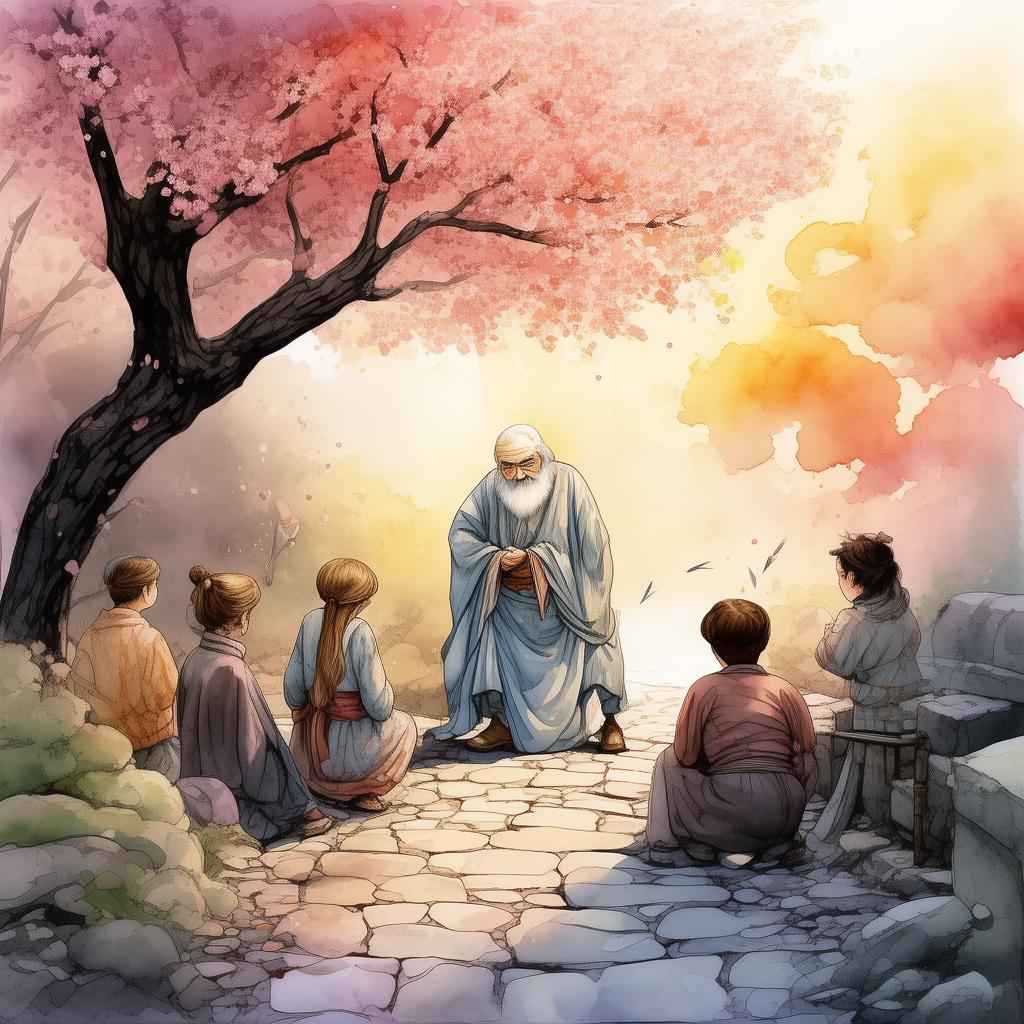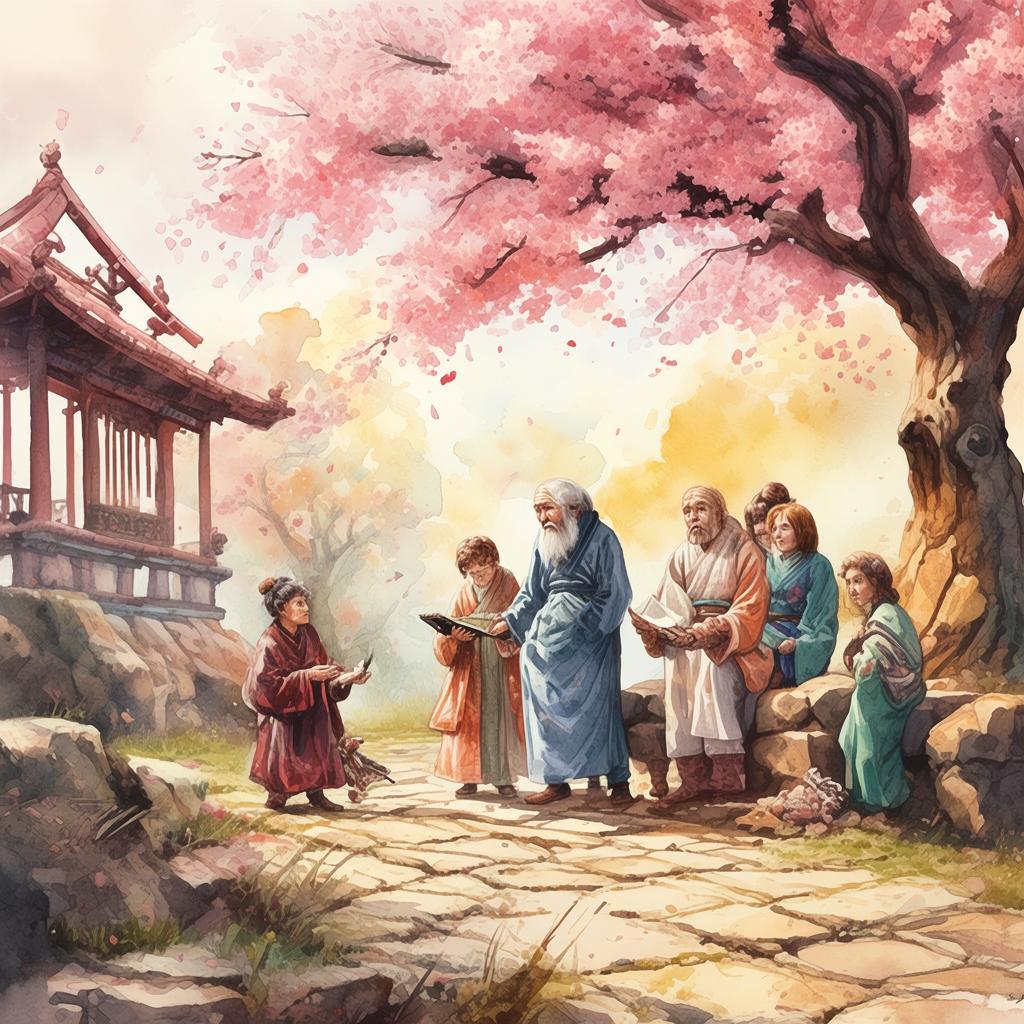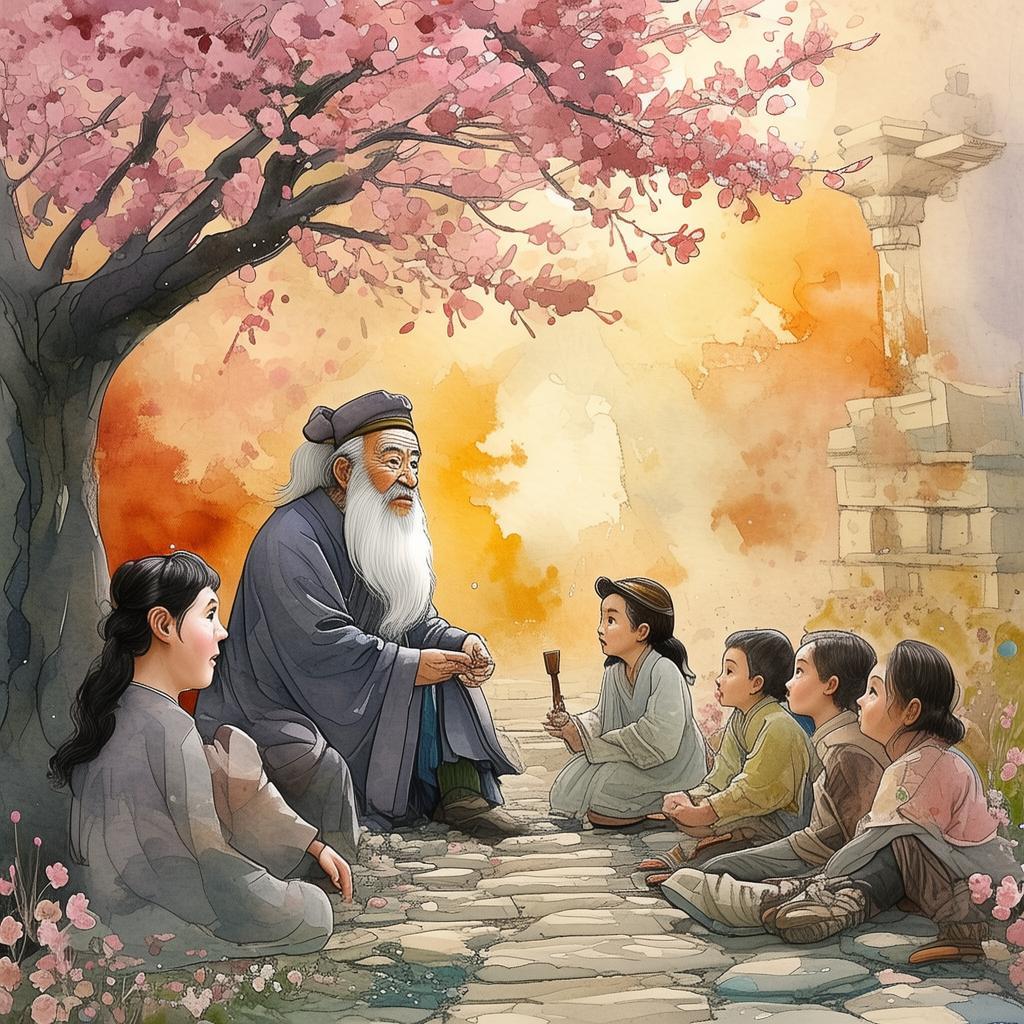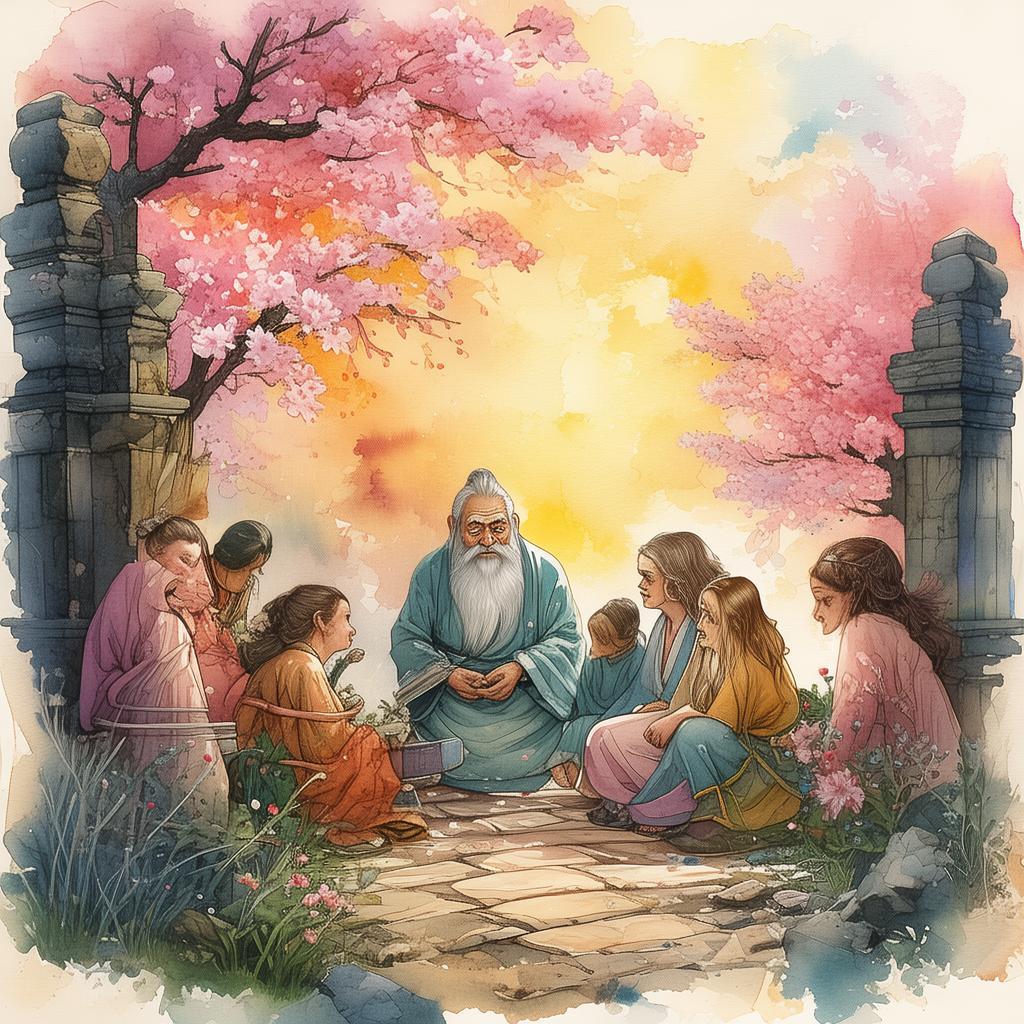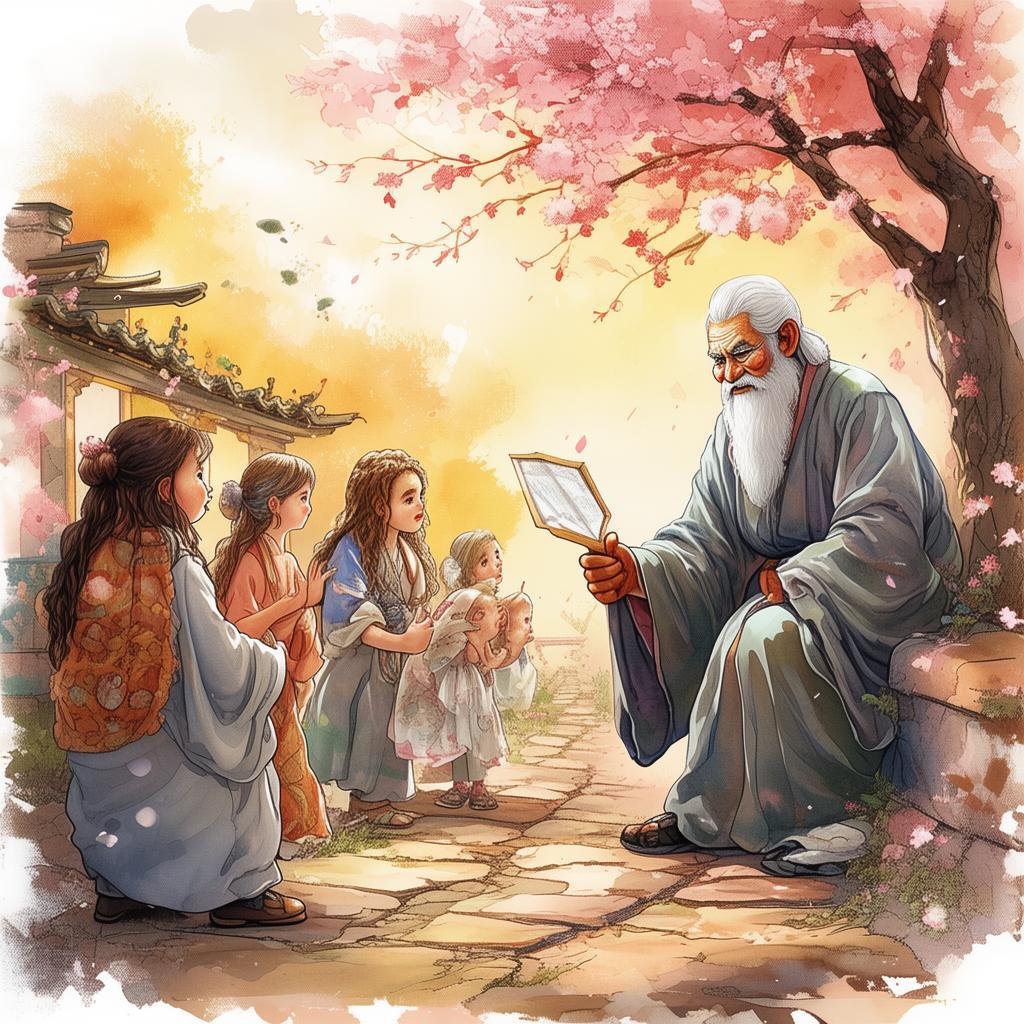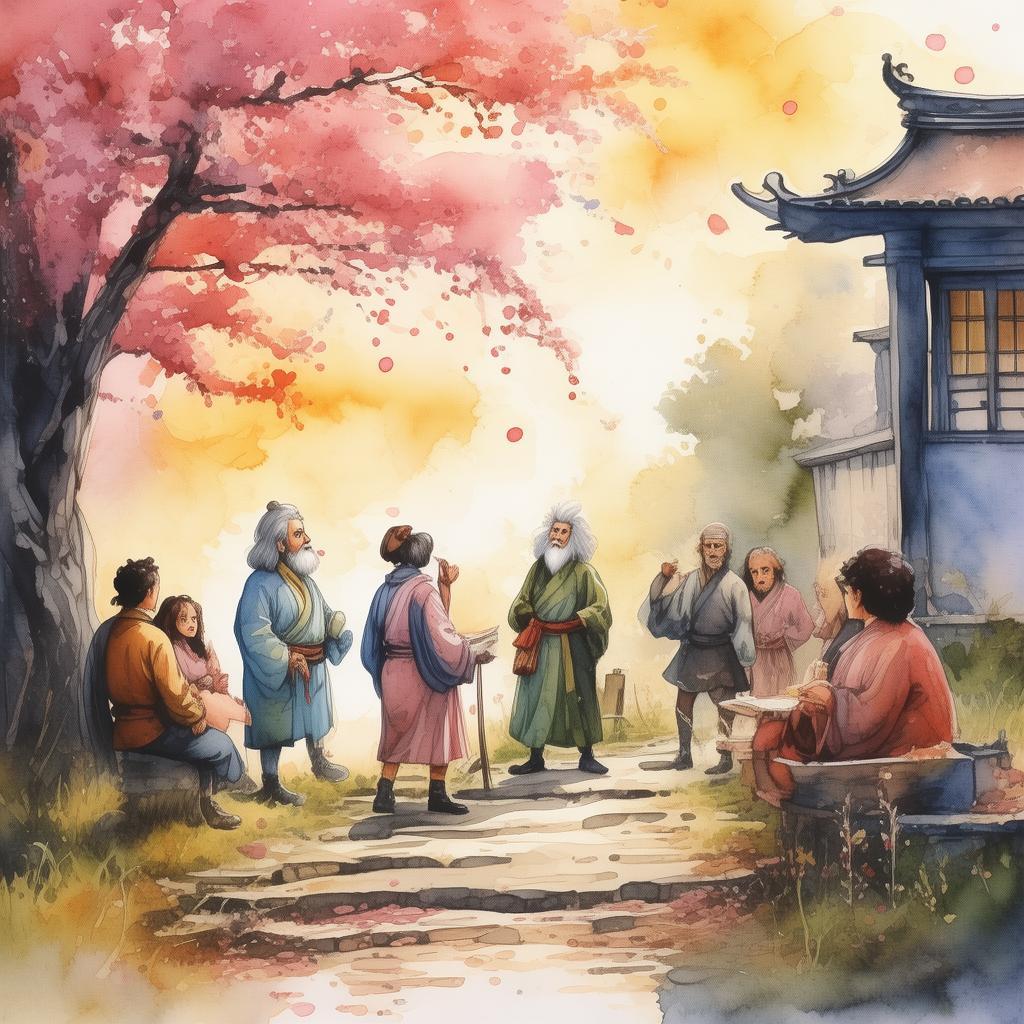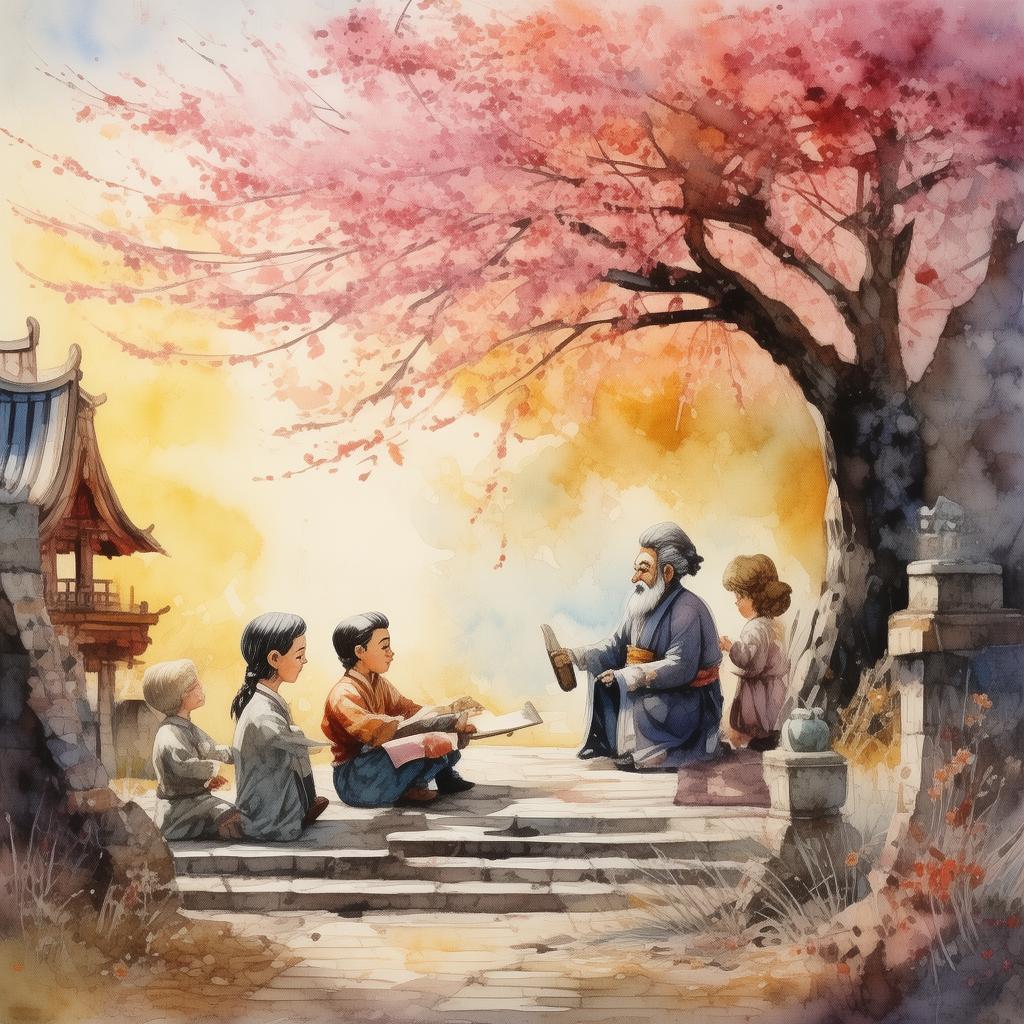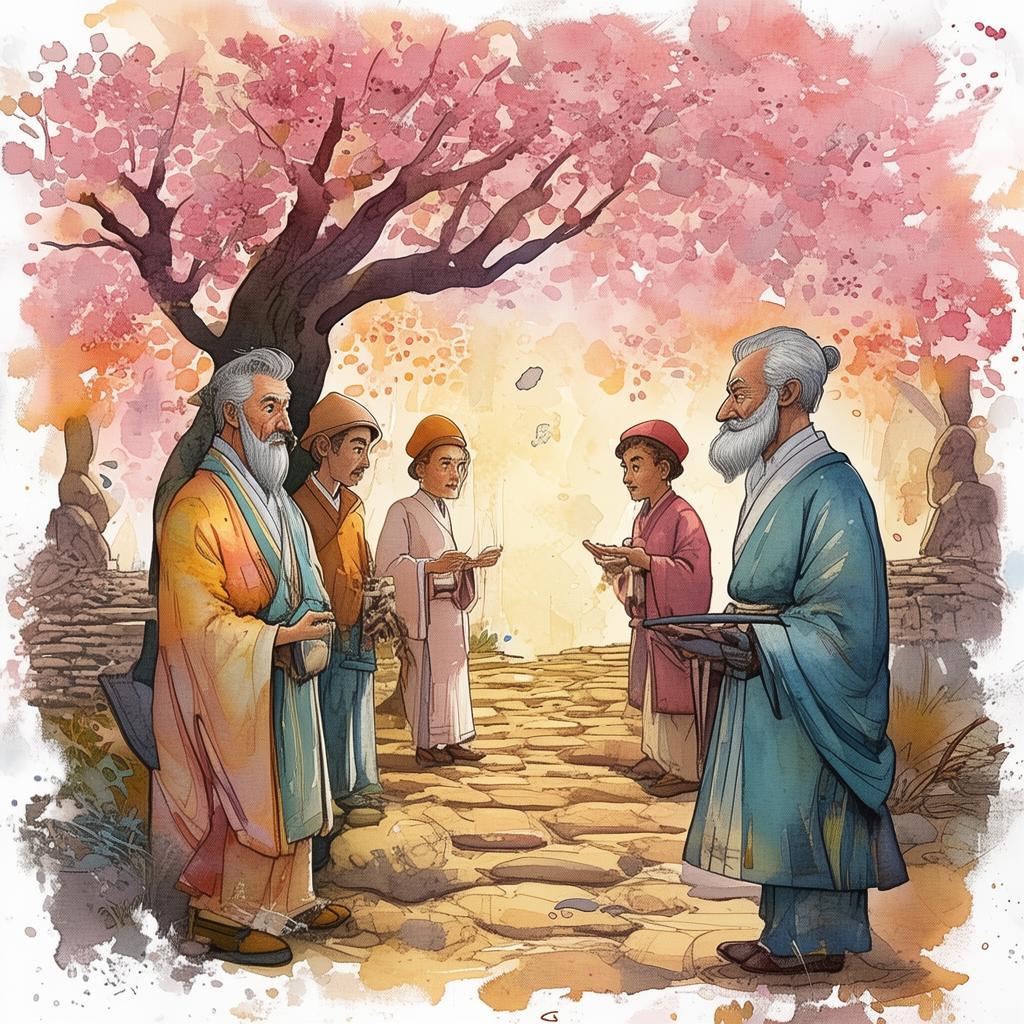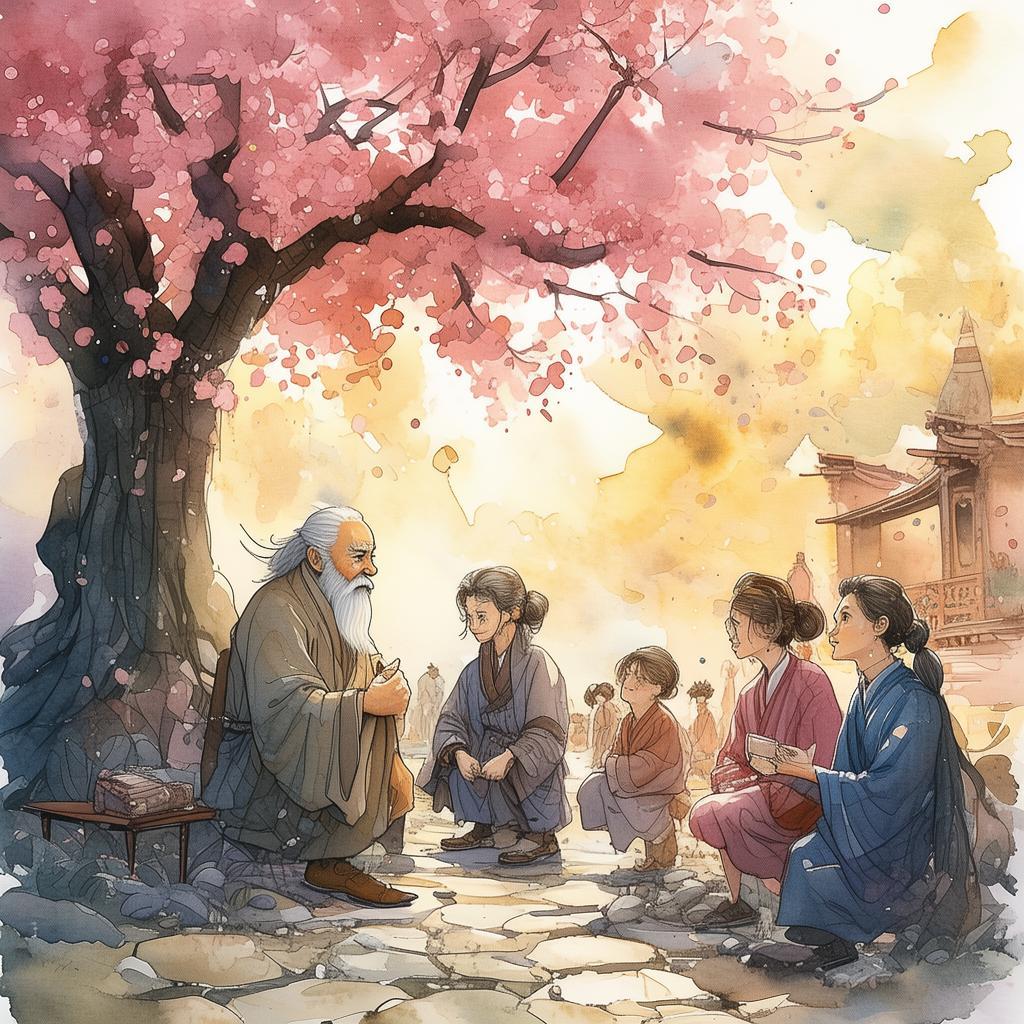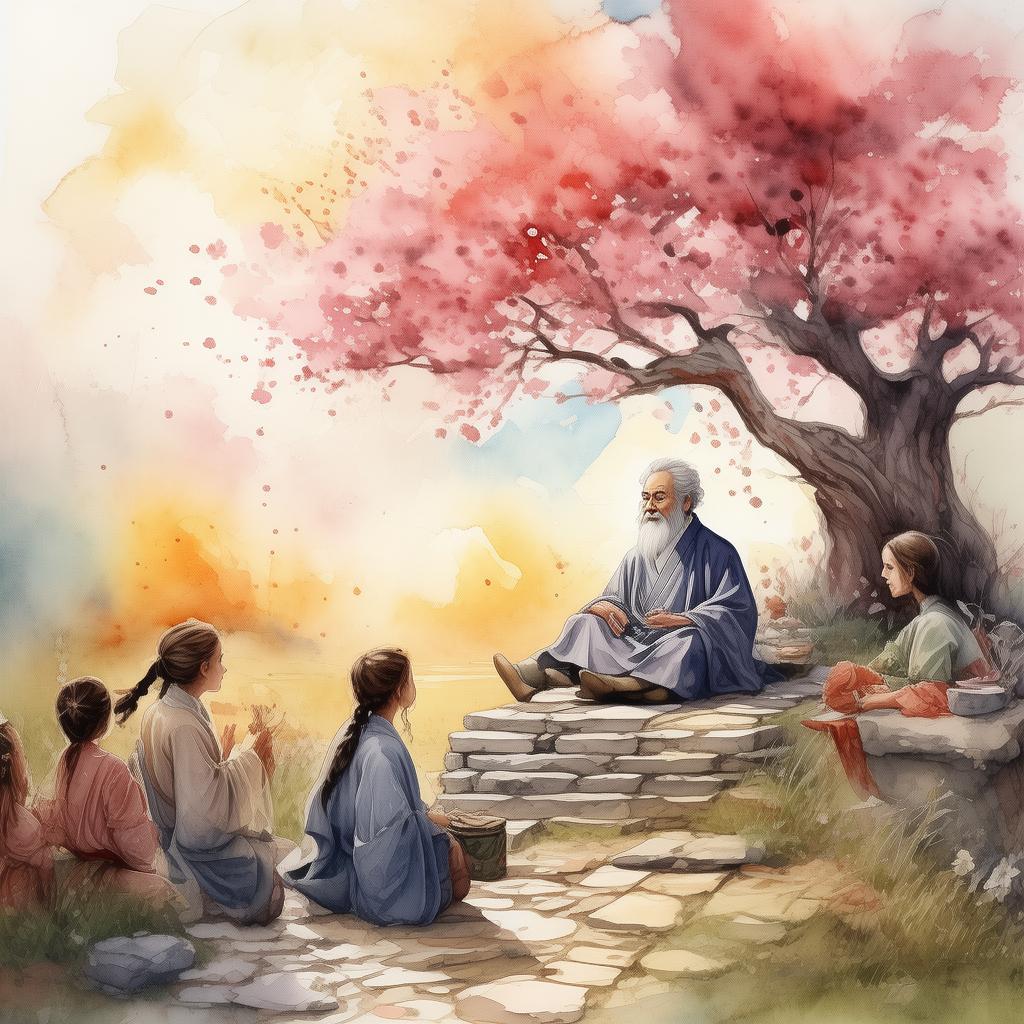The Labyrinth of the Airwaves: A Broadcast School's Dilemma
In the heart of a bustling city, where the skyline was punctuated by the cranes of construction and the hum of countless conversations, stood the hallowed halls of the prestigious Broadcast School of Communications. It was here that young Zhao Liang, with dreams of becoming a broadcasting legend, found himself at a crossroads that would challenge not just his ambition, but his very soul.
The Broadcast School was a sanctuary for the spoken word, where every student was trained to weave stories and narratives into the tapestry of the airwaves. But it was also a place where the ethics of journalism and the power of communication were deeply embedded in the curriculum. Zhao Liang, with his silver tongue and boundless passion, had quickly become a favorite among his professors, but now, the real test was at hand.
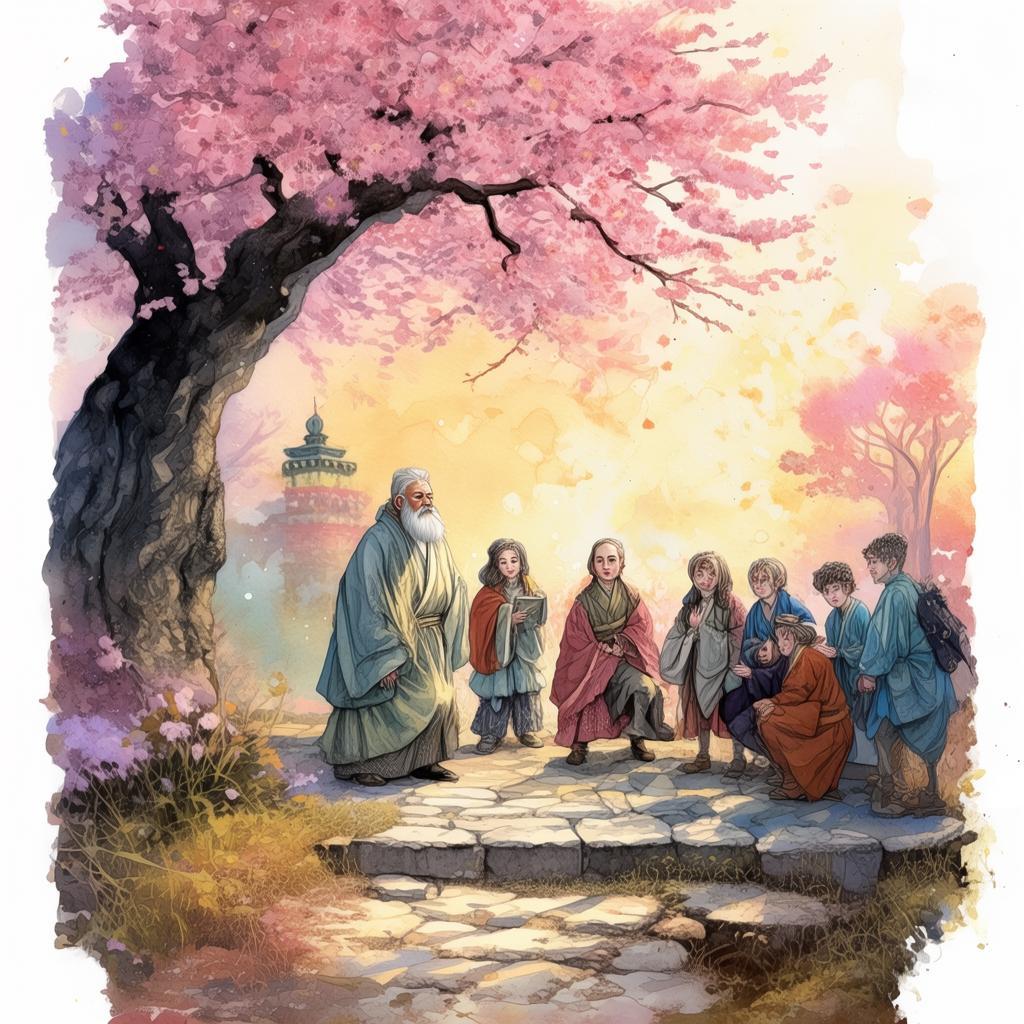
The dilemma began one rainy afternoon as Zhao Liang sat in the dimly lit newsroom, his eyes fixed on the latest issue of the school newspaper. The editor-in-chief, a seasoned professional known for his unwavering principles, placed a stack of documents on his desk. "Zhao Liang, this is the exclusive interview we have been granted with the CEO of MegaMedia, a company under scrutiny for its unethical practices. How do you want to approach this?"
Zhao Liang's heart raced. He had always prided himself on his integrity, but the allure of the story was undeniable. "I think we should be transparent and unbiased in our reporting," he said, trying to keep his voice steady.
The editor nodded, his eyes twinkling with the hint of a challenge. "Good. But remember, the airwaves are a powerful tool. With power comes responsibility."
As the interview unfolded, Zhao Liang felt the weight of his words pressing down on him. The CEO, a charming man with a smooth delivery, was a master of evasiveness. Zhao Liang found himself caught in a web of half-truths and omissions, struggling to stay true to his ethical compass.
That night, as he reviewed the transcript, Zhao Liang realized that he had failed to ask the tough questions that would expose the truth. He had become a pawn in the CEO's game of deception. The next morning, as he presented the interview to the staff, the gravity of his mistake became clear.
"The CEO has released a statement denying the accuracy of our report," Zhao Liang announced, his voice trembling. "I am responsible for the content of the interview, and I must apologize to the readers."
The editor-in-chief stood up, his voice firm. "Zhao Liang, you have shown great potential here, but integrity is non-negotiable in our field. This was a serious lapse in judgment."
The newsroom erupted in murmurs. Zhao Liang felt the heat of their judgment. He knew he had to make a choice. Could he continue down this path, or must he step away from the airwaves and find another way to pursue his passion?
The next few days were a whirlwind of self-reflection and decision-making. Zhao Liang met with mentors, sought counsel from his professors, and even reached out to former students who had navigated similar ethical dilemmas. The weight of the airwaves was heavy on his shoulders, but he knew that he had to act.
One evening, as he sat at his desk, staring at the blank page of his journal, Zhao Liang finally made his decision. He would leave the Broadcast School, renounce the allure of the airwaves, and pursue a career that allowed him to maintain his integrity and continue to tell the truth.
The following week, he approached the editor-in-chief and announced his decision. "I believe I have to take a different path, one that aligns with my values and beliefs."
The editor-in-chief nodded, understanding the gravity of his choice. "Zhao Liang, I respect your decision. The world needs more people like you who are not afraid to speak truth to power."
As Zhao Liang walked out of the school's gates, he felt a sense of liberation. He knew that his journey would not be easy, but he was prepared to face the challenges that lay ahead.
In the years that followed, Zhao Liang found his voice in different forums. He became a passionate advocate for transparency and integrity in media, often using his platform to highlight the importance of ethical journalism. Though he no longer stood before the microphone, his voice reached far and wide, resonating with those who sought the truth in an ever-noisy world.
The Labyrinth of the Airwaves: A Broadcast School's Dilemma was a story that would echo through the halls of the Broadcast School and beyond, reminding all who would listen that the power of communication was not just about the words that were spoken, but the integrity behind them.
✨ Original Statement ✨
All articles published on this website (including but not limited to text, images, videos, and other content) are original or authorized for reposting and are protected by relevant laws. Without the explicit written permission of this website, no individual or organization may copy, modify, repost, or use the content for commercial purposes.
If you need to quote or cooperate, please contact this site for authorization. We reserve the right to pursue legal responsibility for any unauthorized use.
Hereby declared.
